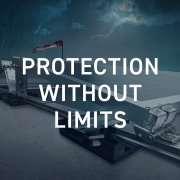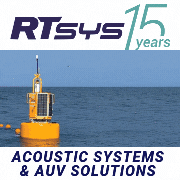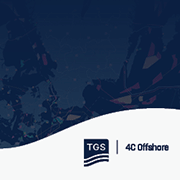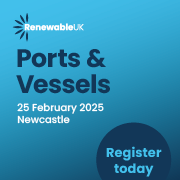Trends point to a growing importance of the offshore wind energy segment, both for renewable energy production and for job creation. Most of the highest goals on renewable energy production are based on offshore wind systems, involving large numbers of mega-turbines and large-scale resources and investments. However, with a 91 per cent growth for UK wind energy employment, this could be the perfect time to enrol on one of the many high-quality courses available in the renewable energy sector.
This growing sector promises rewarding careers together with long term economic benefits in challenging natural environments, using emerging technologies that will demand highly qualified and skilled technicians and engineers. Maritime Training & Competence Solutions (MTCS), Windermere and The Whitlock Energy Collaboration Centre at Carnegie College, Rosyth, Scotland, are committed to exploring all opportunities and challenges in delivering a skilled workforce for the Renewable Energy Sector.
A series of new Renewable Energy courses are now available at MTCS, with a 3 day ‘Subsea Technology Awareness Course,’ which is designed to assist companies in becoming familiar with aspects of Subsea engineering that are pertinent to the Renewable Energy Industry. The course will cover important safety legislation, which applies to subsea engineering and specific codes of practice that relate to working in the marine environment. There is also a 2-day training course, which introduces the techniques, equipment and procedures used to install and bury power cables in the Offshore Renewable industry (Levels 1& 2 available). Cable installation and burial, form a critical part of the construction process of an offshore wind farm. Both courses may be run at MTCS, or at Carnegie College. Alternatively courses can be run at a client’s premises and be tailored to their specific requirements. Candidates must have a basic understanding of the marine industry and ideally have some involvement of subsea activities in their normal workplace.























